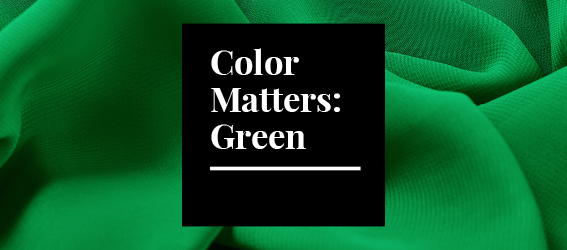
In the 1800s, the first truly vibrant green pigment was worth dying for. At least, that’s what Victorian England thought.
Swedish scientist Carl Scheele created Scheele’s green, an unusually bright, new hue of pigment. Variants of Scheele’s green, Emerald green and Paris green, soon followed—all deriving their base from copper arsenite, reports The Telegraph. These green pigments were so popular, they quickly became used to color clothing, wallpaper, ink, fake flowers, stamps, and even confectionery, reports National Geographic.
But they were also extremely toxic. Made from the poison arsenic, Scheele’s green slowly poisoned everyone who came into contact with it. The dye caused a rash when in direct contact with skin, which it often was: it was used in gloves, dresses, and even socks, according to Racked.com.
Apparently, possessing such vibrant color was worth the horrific consequences.
Why are we so attracted to green? Read on at grossbauer.com.
4 Questions to Ask Before Starting an Instagram Account
Thinking of starting an Instagram account for your business? It’s tempting to amass an account on every social media channel. After all, more accounts equal more exposure, right?
Not necessarily. If you’re not able to use a social media channel “organically” (in the way it was designed to be used), consider forgoing an account. Social media is a content beast, and unless you’re willing and able to keep feeding it, it may be best not to sign up.
Before you create an account, ask these four questions to see if Instagram is a good fit for your business. Keep reading on grossbauer.com.
Do you have the newest version of reCAPTCHA on your website?
ReCAPTCHA is a free service from Google that helps protect websites from spam and abuse. If you have a form on your website and you notice a lot of spam email, you may not have reCAPTCHA enabled on your website.
ReCAPTCHA v1 will be retired on March 31, 2018, according to Programmable Web, and it will not filter anymore. Says Google, reCAPTCHA v2 can “effectively separate humans from bots and always stay ahead of the attackers.”
With v1, users had to read grainy images of words and type them out. V2, a simple check box, provides a better user experience in addition to improved security.
Do loyalty programs pay off?
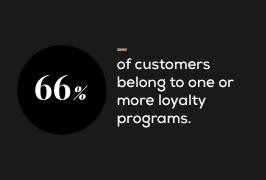
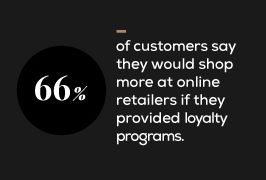
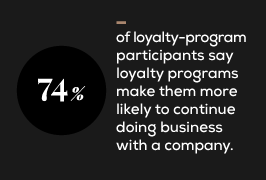
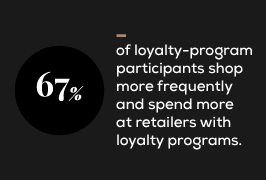
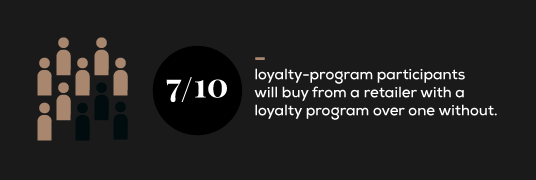
Source: Nielson’s Global Loyalty-Sentiment Survey
Website Banner Blindness
The homepage of your website is prime real estate; it can be difficult to pick just one thing to showcase. If you think a rotating slide show is the best solution, you’re not alone. Unfortunately, just 1% of users will see the first slide in your slider, according to research by the University of Notre Dame. This phenomenon is known as banner blindness.
Using automatic slide shows and accordions on your website annoys users, reports the Nielsen Norman Group. Not only that, automatic slide shows reduce the accessibility of your website, making it difficult for every visitor to see or process the information.
Instead, choose to highlight a single product, service, or message. But, if you must use a slide show, turn off the automatic rotation. Only show a new slide when your users ask for it.
